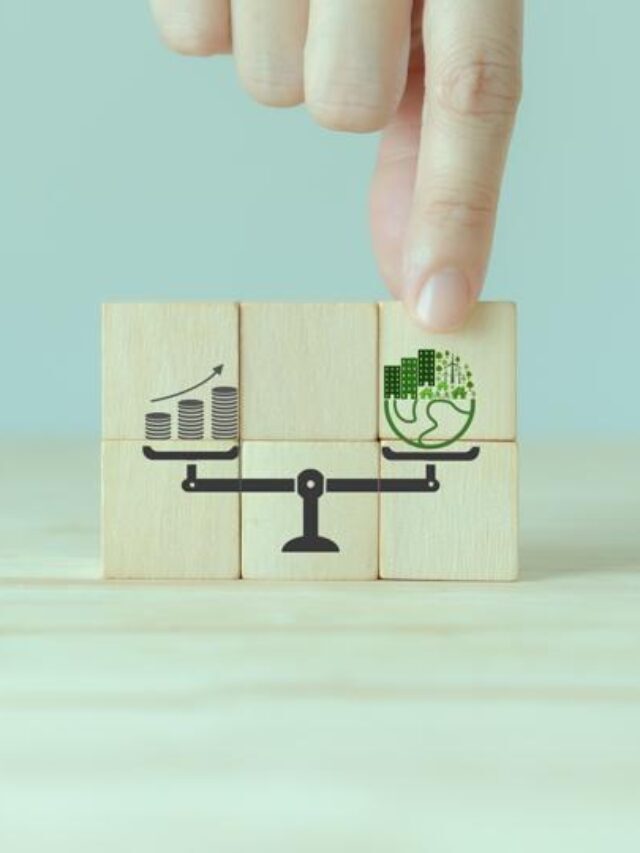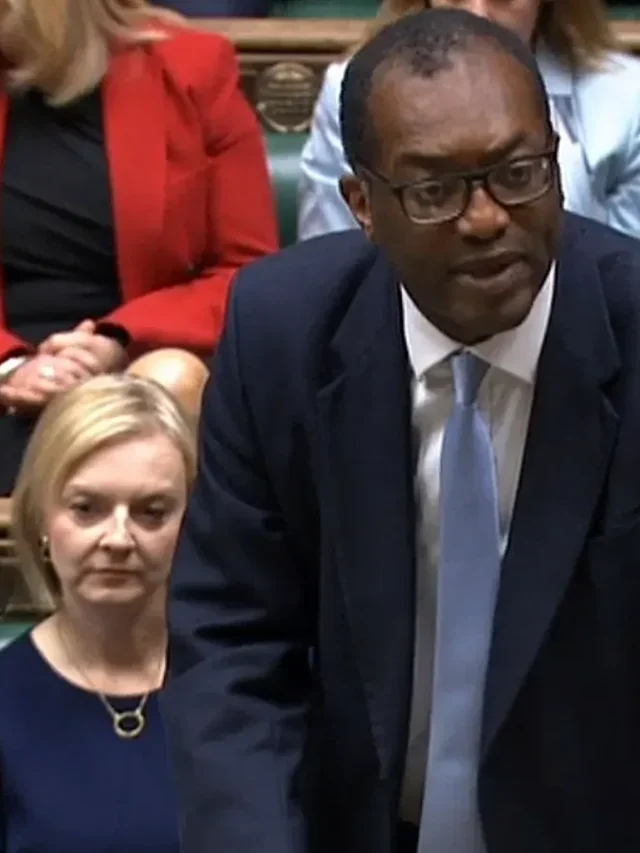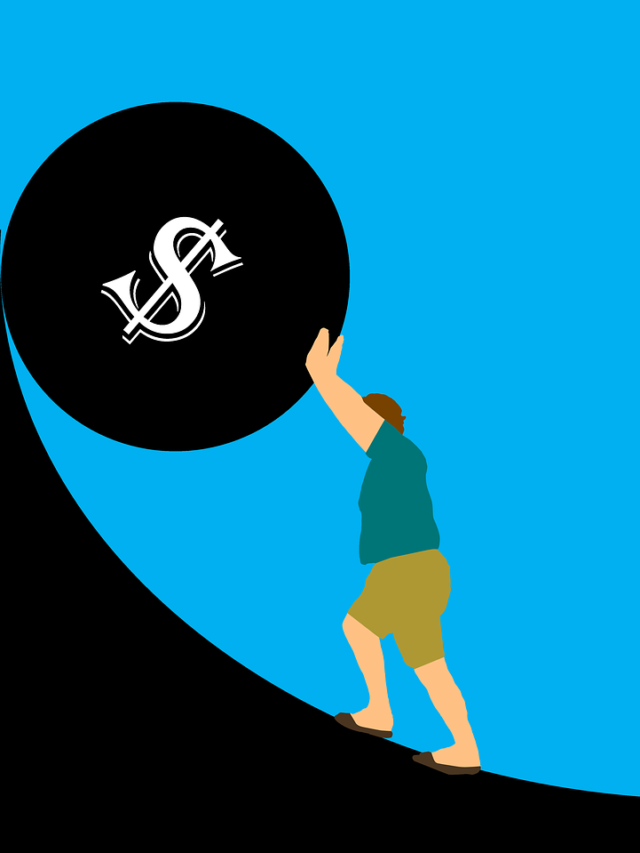Personal finance is more complicated than ever before. With many people having credit cards, medical bills, debt, and interest rates to worry about, it’s hard to find time for everything on your daily to-do list. In this article, I want to explore the importance of understanding why personal finance depends on your behavior.
Why is Personal Finance depend upon Your Behavior?
Like most individuals, you probably think that personal finance is all about making intelligent decisions with your money. After all, how can you succeed if you don’t know how much you’re spending, where your money is going, or what’s best for you?
But the reality is that personal finance is much more than just a series of calculations and decisions. It’s also about how you behave – both in your everyday life and when it comes to your finances.
Here are four reasons why personal finance depends on your behavior:
1) Money isn’t the only thing that matters when it comes to saving and investing. It would assist if you also considered your long-term goals and priorities. If those goals are based on comfort or convenience rather than financial security, you’ll likely sacrifice your savings over time.
2) It’s not always easy to stick to a budget. Even if you list everything you need and want to spend each month, there’s a good chance that some expenses will slip through the cracks. It means that even if you’re doing everything else correctly, using credit cards or other forms of cash back, you’ll be spending more than you planned.
3) Spending less than you make isn’t enough to create wealth. To build a financial cushion, it’s crucial to build your nest egg while charging down your debts. It means you should strive for a surplus of net income over expenses.
4) It’s also straightforward to get into debt. In addition to building up your savings account and paying down debt, certain things can help decrease the interest you pay on your debts, like bank-account interest rates and dividend payments.
How Does Your Behavior Affect Your Finances?
Behavioral finance studies how emotions and behaviors influence people’s financial decisions. It is an important topic because it can help us to understand why people make the decisions they do. It can help us to develop more effective financial planning strategies.
Many factors can influence our financial decisions, but one of the most important is our behavior. It means that our actions (e.g., spending, saving, borrowing) significantly impact our financial situation. Here are four ways your behavior affects your finances:
- Your spending habits determine how much money you have available to spend. If you’re a consistent spender, you will likely end up with less money over time because your income won’t be able to keep pace with your spending. It is especially true if you don’t have any savings or only have a limited amount of protection that earns very low-interest rates. In this case, you’ll likely be in debt sooner than later (unless you take measures to improve your finances).
- Your borrowing habits determine how much debt you have and how much interest you will pay on that debt. When you borrow money, you incur debt and pay the related interest on that debt. Debt is the difference between what you receive in income and what you spend. If your income doesn’t cover all your expenses, you will have to borrow money or go into an account to make up the difference. If you’re buying things that can be paid for right away, such as housing or food, then it’s unlikely that you’ll have a deficit and have to borrow money. But suppose you’re borrowing money to buy things like cars, appliances, or furniture that depreciate over time (which most items do). In that case, your finances will likely suffer in the long run because of this spending expense.
- Your credit history is essential, even if your credit score isn’t perfect. For example, when you apply for a mortgage or car loan, lenders will look to see if you have a steady good payment history and can make the payments on time (or at all). If you don’t make your remittances on time or at all, they may give the loan to someone else. A bad credit score can affect this, so you’re not considered for a loan, or the lender may want proof of income or assets before approving the loan.
- There’s no such thing as perfect debt-free living. While it’s possible to be debt free and live well by doing minimal spending outside necessities (i.e., food/clothing), most people need a general rule of thumb for how much they can spend each month. Some might say, ‘never spend more than $50 per week on non-necessities.’ Others might say, ‘don’t go over one paycheck per month.’ It is a personal choice that differs from person to person. Still, the main point is to know your limits, so you don’t overspend when money comes in throughout the year. You’re not making monthly payments on things like credit cards when you don’t need them right then.
What Could You Do To Boost Your Finances?
You can do many things to improve your finances, no matter how bad they are currently. Here are some tips to get started:
–Make a budget and stick to it. It is an essential step in boosting your finances. By clearly defining your expenses and limits, you can better manage your money and make intelligent decisions about where to spend it.
–Create a savings plan. Putting aside money each month for a rainy day will help you avoid unpleasant surprises down the road. Aim to save at least 10% of your income each month.
–Maximize your deductions and credits. A variation of tax breaks can help you save on your taxes, including itemized deductions, standard deductions, and personal exemptions. Take advantage of these opportunities to reduce your overall tax burden.
-Eliminate unnecessary spending. When was the last time you evaluated all of your bills and expenses? Can you find cheaper alternatives to the services that you currently use? For example, it might be time to assess whether you need that new car or that big house. You may be surprised by the amount you can save in taxes if you eliminate unnecessary spending.
–Create an emergency fund. It will allow you to avoid unexpected tax bills and payoffs. I recommend keeping a minimum of 3-6 months worth of expenses in savings. Still, having more than that amount is vital so that your money doesn’t become too dependent on just one source.
–Be prepared for retirement. Retirement planning is vital when dealing with taxes, especially if you have children to support. Paying into a 401(k) or an IRA (as well as contributing more per paycheck at work) will help ensure that your investments are adequately managed for years to come.
Conclusion
As you can see, your financial situation greatly depends on your choices. For example, your financial future will be bleak if you consistently spend more than you earn and don’t have a savings plan. Conversely, your wealth will grow if you regularly save money and invest wisely. The key to becoming financially self-sufficient is to make healthier choices that support your long-term goals rather than relying on short-term impulses. By understanding why your behavior affects your finances, you can simultaneously take steps to improve both areas of your life.




















